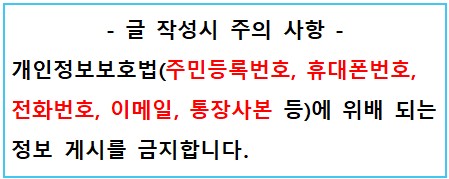학술행사/세미나 안내 및 신청
CD300f: the critical immune modulator in inflammatory disorders and cancer
연사
이하나 박사 (Dr. Ha-Na LEE)
세미나개최일
2022. 5. 20 (금) 오후 4시 30분 142동 501호 세미나실
작성자
서영준
작성일
2022-05-15
조회
1386
Cancer immunotherapy aims to enhance the ability of the patients’ own immune response to destroy tumors. Checkpoint receptors encompass a specific subset of negative regulators that normally deliver inhibitory signals that dampen stimulatory signals and limit immune activation. Blockade of immune checkpoints such as PD-1, PD-L1, and CTLA-4 has been successful in treating different cancer types, e.g. melanoma, non-small lung cancer, and renal cancer, with 30-40% response rates in patients. However, multiple cancers including pancreatic, breast and prostate cancer are resistant to T cell checkpoint blockade, underscoring the importance of identifying novel checkpoints other immune cells to enhance anti-tumor immunity. Our study demonstrates that CD300f is a novel dendritic cell (DC) checkpoint receptor that negatively regulates apoptotic cell engulfment and antigen presentation. This is good for controlling the development of autoimmune diseases including inflammatory bowel diseases (IBD), but quite detrimental for fighting tumor development. Indeed, while CD300f-deficient mice failed to resolve dextran sulfate sodium-induced colonic inflammation as a result of DC-mediated hyperactive phagocytosis of apoptotic cells and excessive TNF-α secretion, those mice showed inhibited growth of solid tumors which is associated with enhanced antigen cross-presentation by CD300f-deficient DC to CD8+ T cells. Together, these findings suggest that targeting CD300 receptors has significant value for modulating immune dysfunctions in inflammatory disorders as well as cancer.


